Designing the operational brain for "Finally Robotics" a unified platform managing robot fleets, inventory, and human workflows in real-time.
Role: Product Designer
Focus: Complex Systems, HRI
Company: Finally Robotics
Platform: Enterprise SaaS
Product / Complex Systems, HRI
The Project
Centralizing the Chaos
Spider is the operational brain for automated fulfillment centers. Before this redesign, operators had to switch between fragmented tools to manage robot fleets, inventory tracking, and order processing. My goal was to design a scalable, intuitive interface that serves as a Single Source of Truth for both human operators and robotic supervisors.
The Challenge
Fragmented Workflows
Disconnected Tools
Operators switched between 3 different screens to track a single order, leading to high cognitive load.
Lack of Real-time Visibility
Robot battery levels and exceptions (errors) were hidden in sub-menus, causing delayed responses.
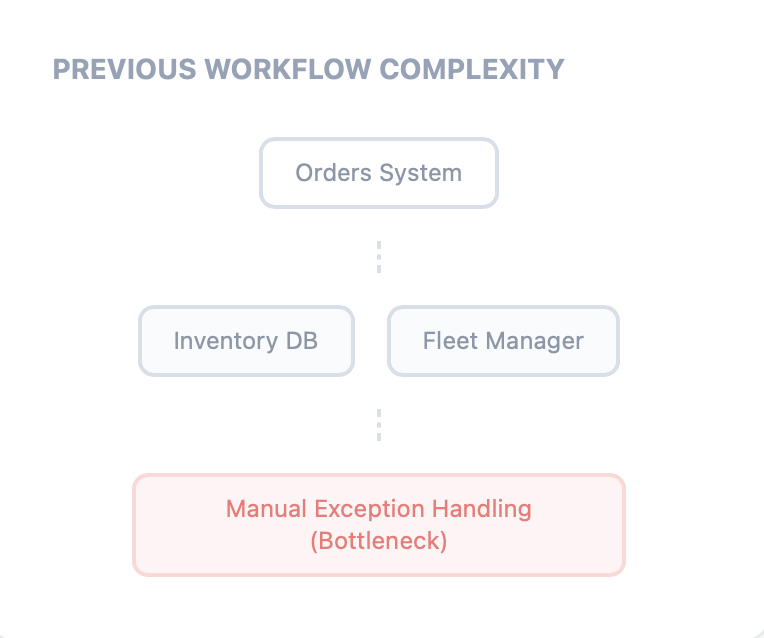
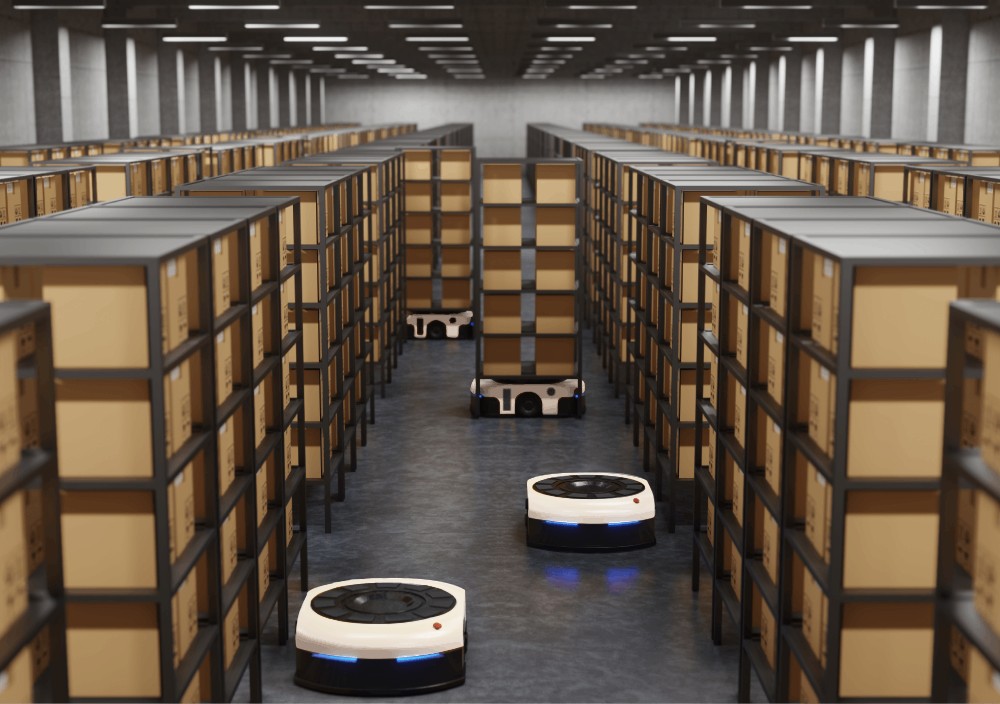
UX STRATEGY
Structuring the Ecosystem
Structuring the Ecosystem
I approached the redesign by decoupling human tasks from robotic tasks. By mapping the two distinct operational flows, I identified where they intersect and where they should be automated.
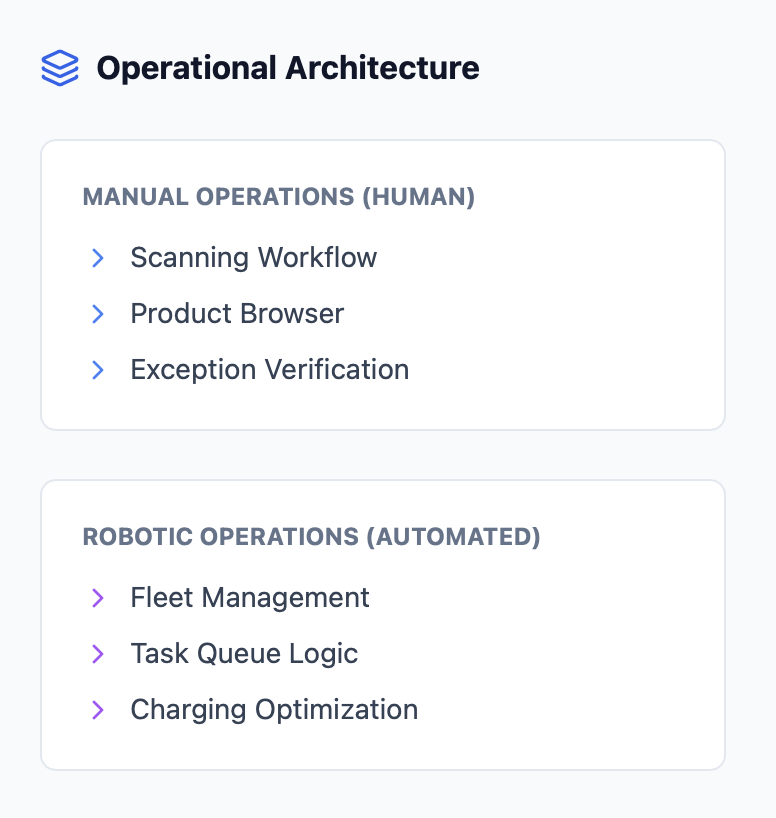
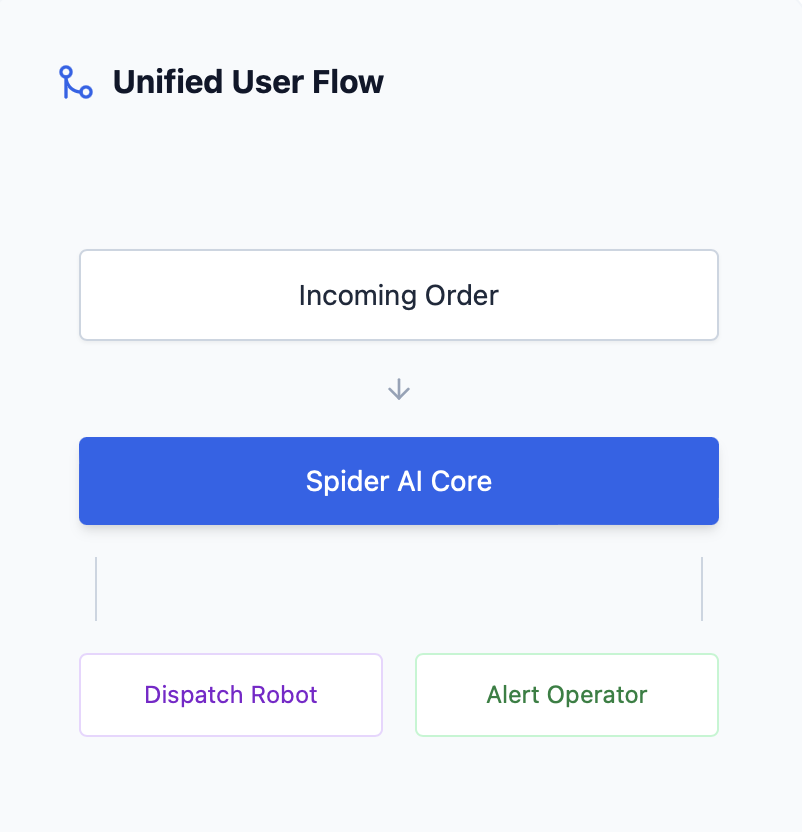
User Journey
Scanning Workflow
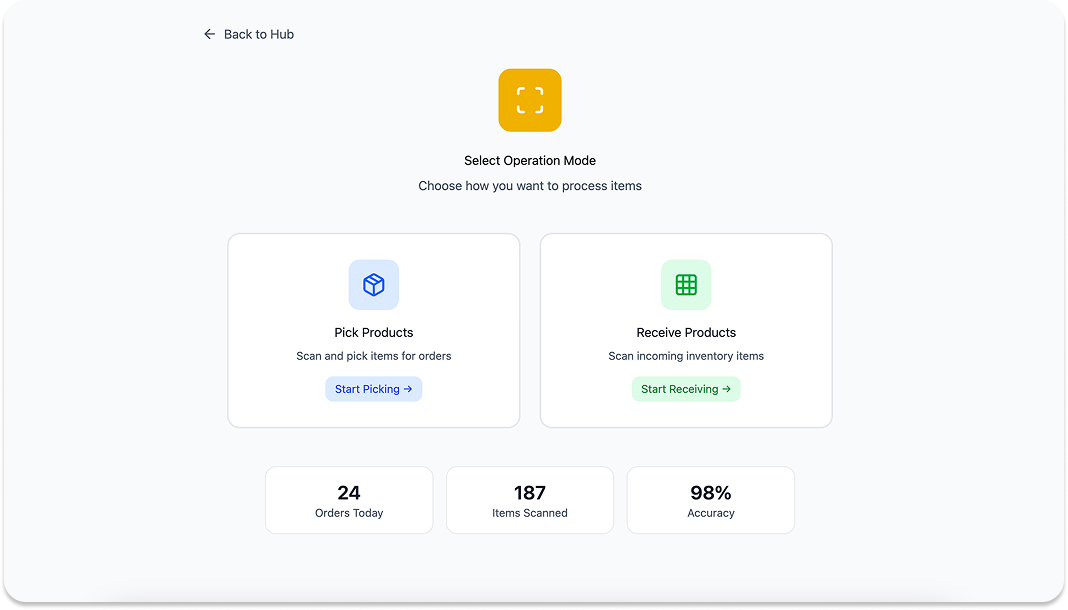
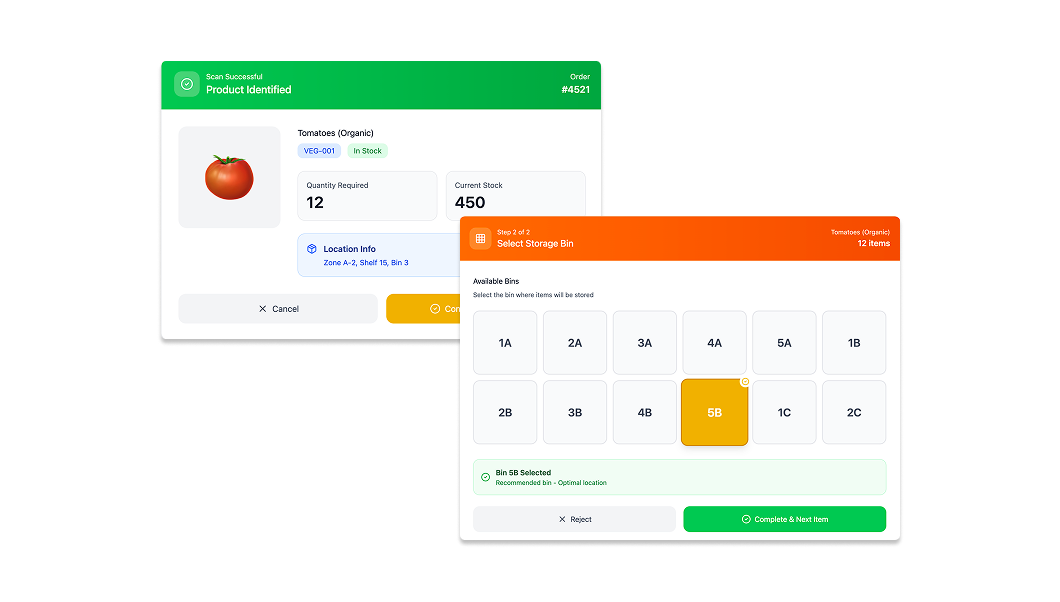
The Command Center
The final UI uses a comprehensive dashboard that balances high-level metrics with granular control. It features modular widgets for robot health, real-time order queues, and quick-action modals.
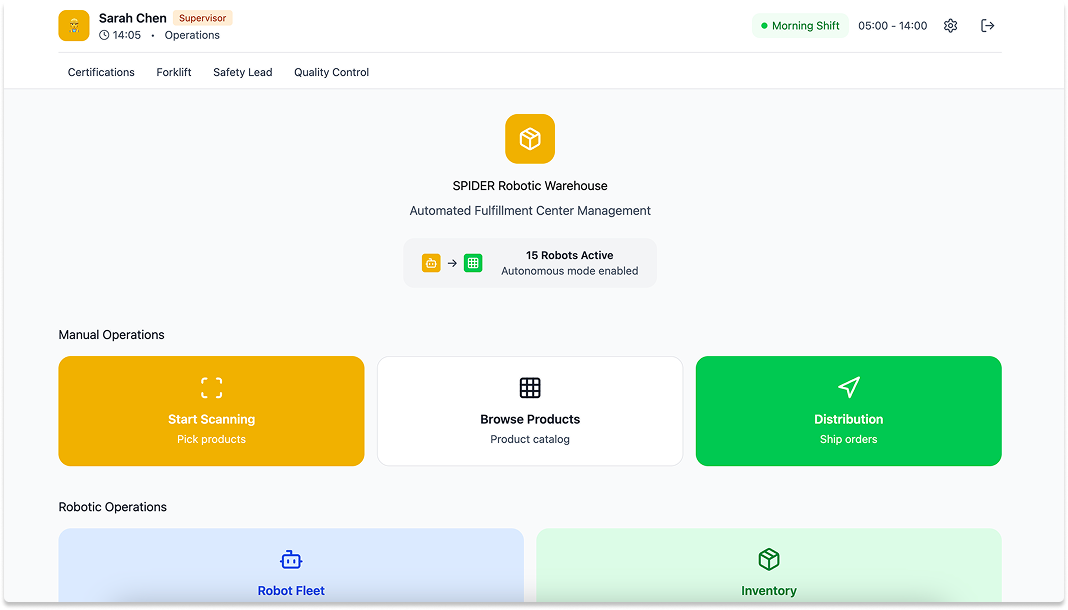
Real-time Telemetry
Live battery & status updates
Fleet Orchestration
Drag-and-drop robot assignment
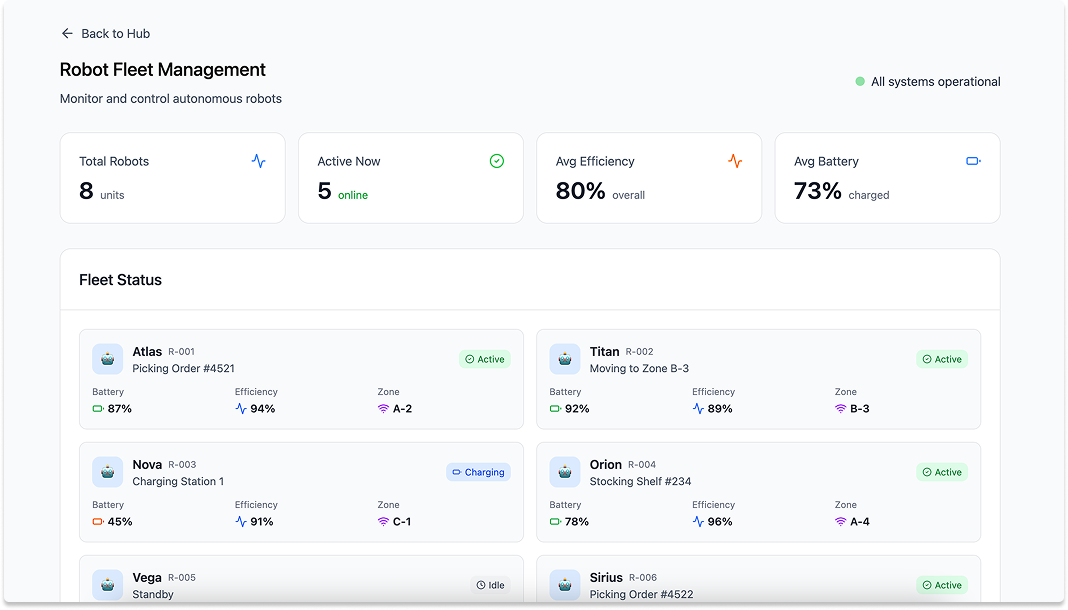
Start Small, Scale with Ease
The redesigned system simplified complex workflows and allowed for rapid deployment. We enabled seamless scaling across locations, integrating new robots in record time with zero training overhead.
40% Reduction in User Errors
25% Faster Task Completion
3 Mo Rapid Deployment Cycle
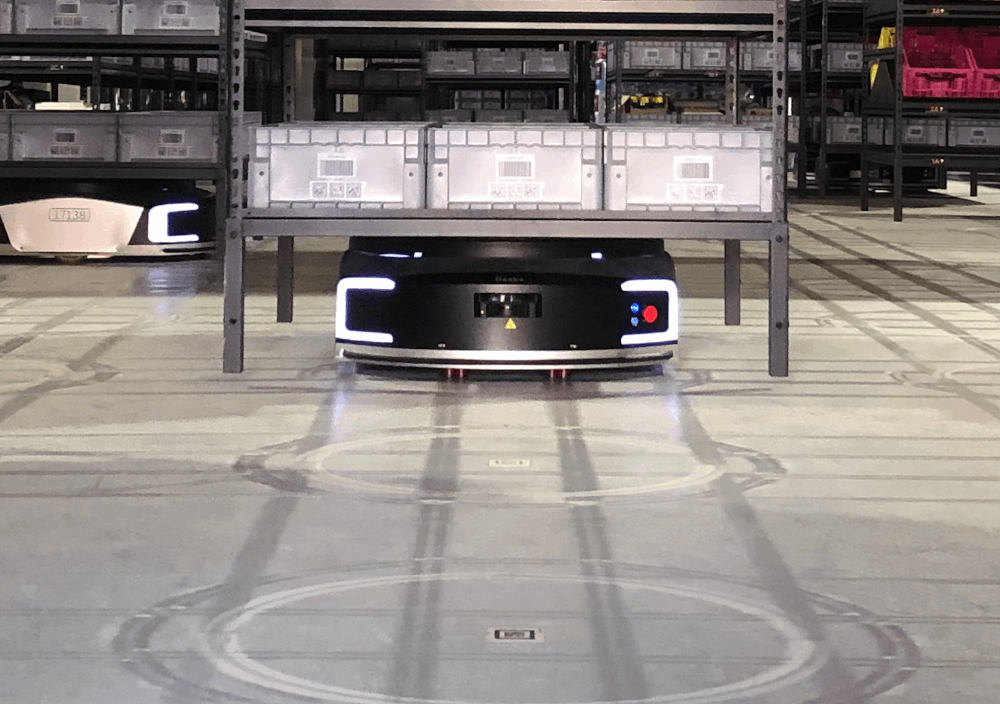
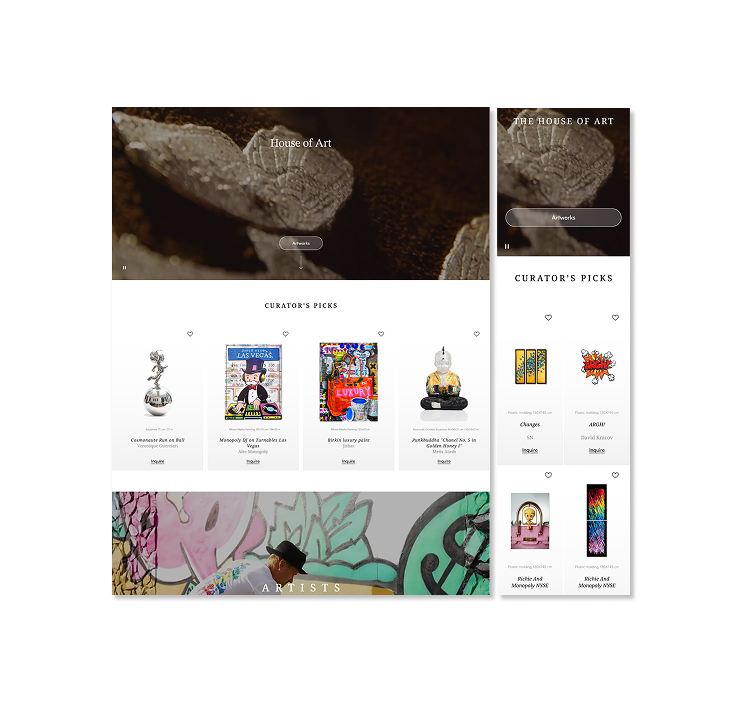
Project 01
Eden Gallery Redefined
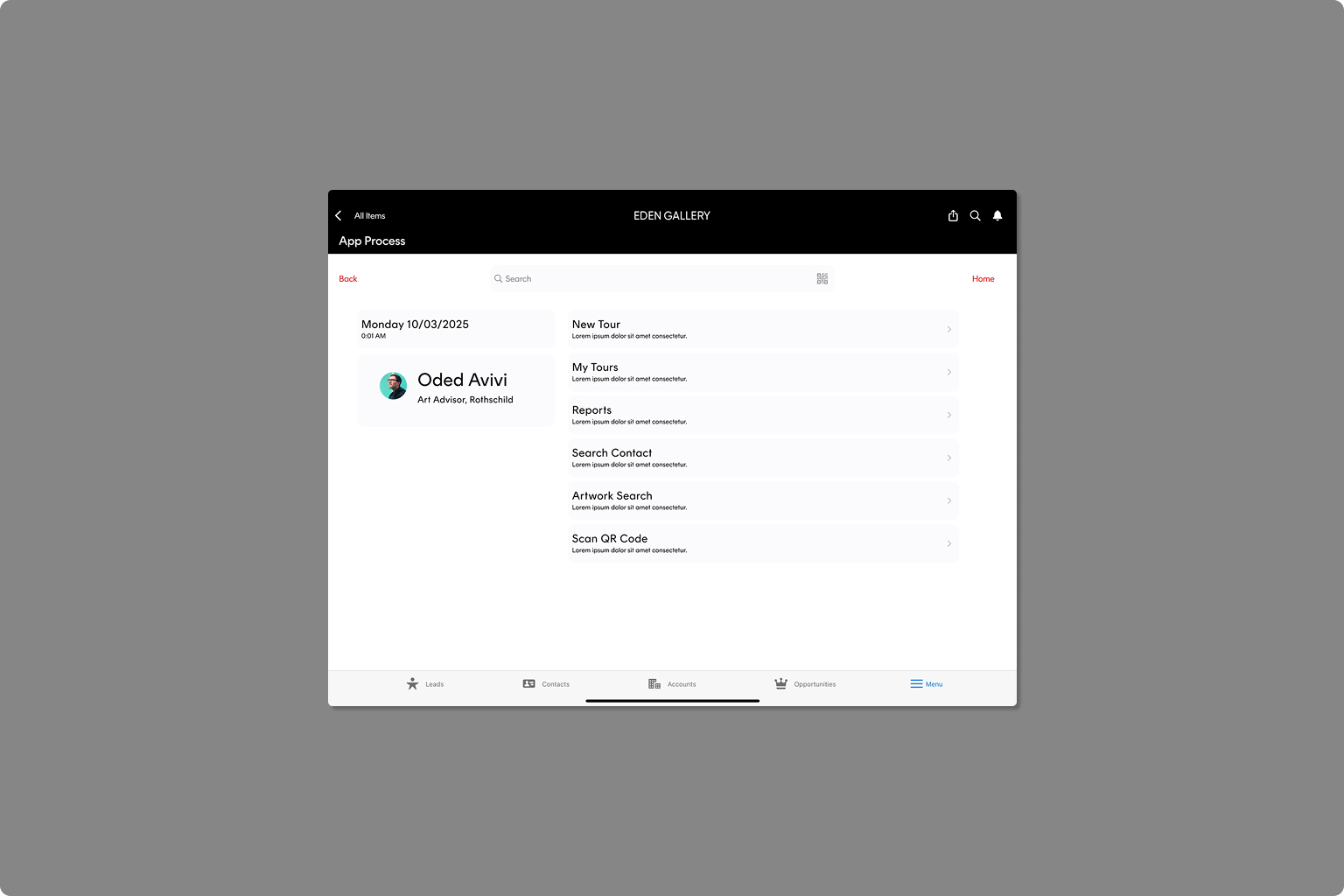
Project 02
Eden Sale Order App
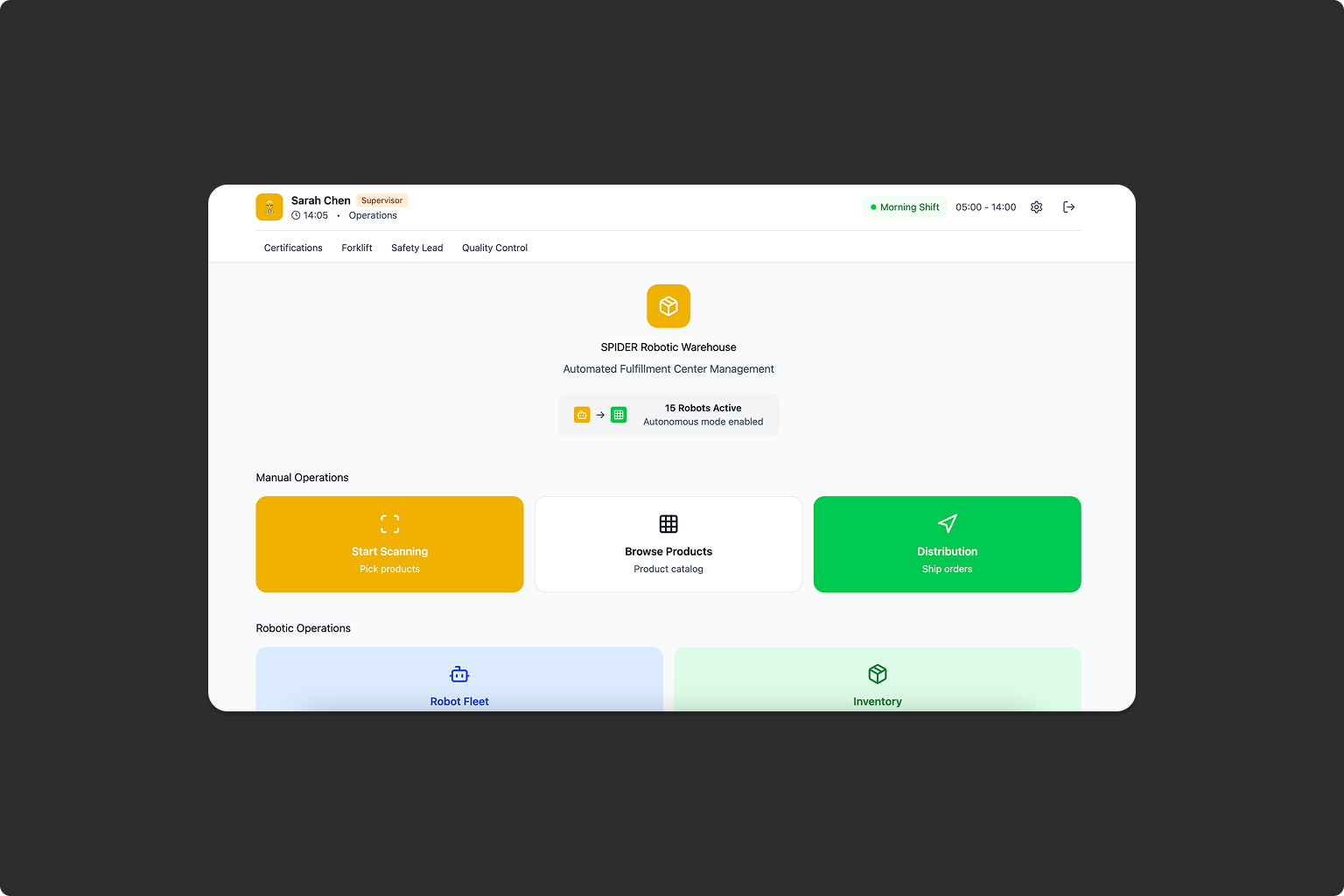
Project 03
Spider